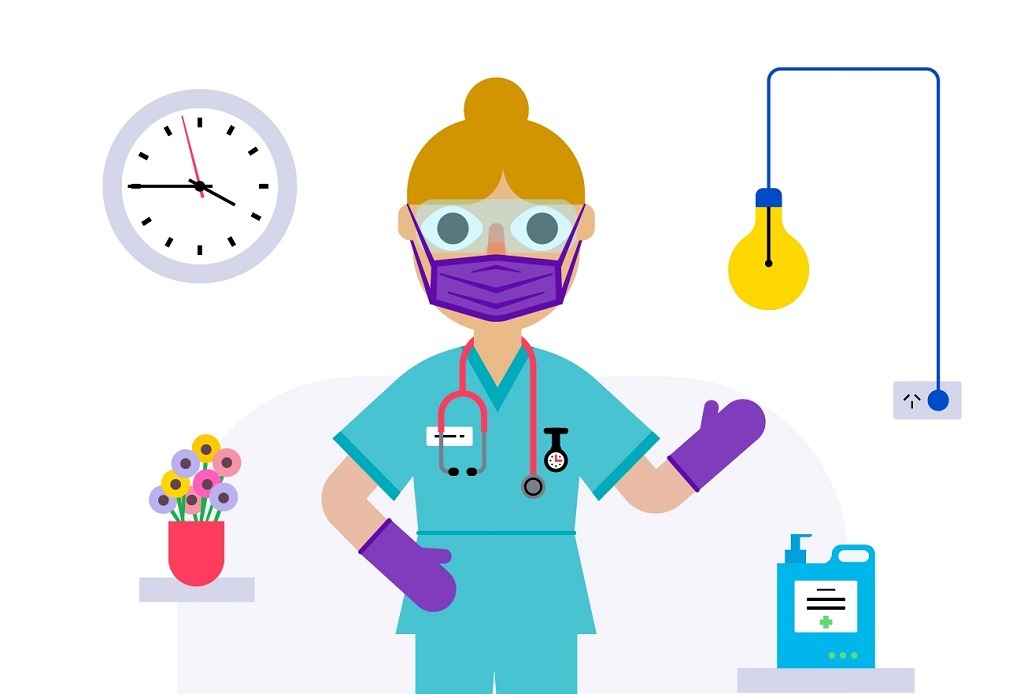Infection control is an essential part of every healthcare setting. Infection control supplies are used to prevent the spread of germs and viruses between patients and staff members. They help reduce the risk of contracting an infection, promoting patient safety. However, the list of supplies healthcare providers must procure is endless. Worry not because this guide covers tips for buying the best control supplies.
Importance of Infection Controlling Tools
The two main reasons for investing in infection control tools are prevention and protection. The goal of all infection control tools is to keep patients, staff members and the facility safe from germs and bacteria that can cause illness or disease. This means creating a clean work environment where germs cannot spread quickly within medical centres, hospitals, nursing homes or other facilities that provide medical services. Infection control supplies help create such an environment through products such as gloves and masks that protect both patients and staff from harmful pathogens like tuberculosis (TB), staphylococcus aureus (staph) or even viruses like influenza A/H1N1 flu virus (swine flu). This also prevents illnesses in patients who may already be ill with diseases like heart conditions or cancer treatments like chemotherapy.
Types of Disease Control Supplies
- Gloves – The most common type of infection control supplies, gloves protect the wearer from contact with bodily fluids.
- Masks – Masks protect against airborne pathogens and particles. They come in various types and materials, including disposable masks (usually made of paper or polyethene) and reusable respirators.
- Sanitisers – Sanitisers kill germs on surfaces through antimicrobial action. Common types include hand sanitisers and wipes, surface cleaners that can be applied to hard surfaces like countertops and tables, and bleach-based disinfectants for use on nonporous objects such as door handles or toilets.
- Disinfectants – Disinfectants kill microorganisms through chemical processes rather than physical means like heat or light exposure.
Tips for Purchasing Masks
The first step to purchasing a mask is determining what type you need. There are several types of masks available, including:
- N95 respirator masks
- Titanium dioxide surgical face masks
- Disposable respirators or painter’s masks
- Face shields that cover the nose and mouth as well as the eyes
When should one wear Medical-Grade Gloves?
- Always wear gloves when handling blood or bodily fluids.
- Always wear gloves when handling sharp objects.
- Always wear gloves when handling chemicals.
- Always wear gloves when handling hazardous materials.
- Wear gloves when working with animals and children to avoid contamination from infections that may be found on their skin, such as ringworm or hepatitis B.
- You should also avoid contact with the elderly by wearing medical-grade gloves whenever you touch them or come into close contact with their bed sheets, chairs and other surfaces they have touched recently.
Tips for Purchasing Sanitizers
When purchasing a sanitiser, it’s essential to check the product’s label to ensure it is effective against the bacteria you are trying to kill. For example, if you are cleaning countertops or other hard surfaces in your kitchen, consider a mixture of bleach and water that contains at least 200 parts per million (ppm) available chlorine. This concentration will help kill most bacteria found on hard surfaces in kitchens.
You should also be aware of how much sanitiser is needed for each surface size, depending on how dirty it is.
What to Consider while Choosing an Infection Control Supply Provider
When choosing an infection control supply provider, you should consider the following:
- Accreditation: Look for providers accredited by the National Sanitation Foundation (NSF). The NSF is an independent third-party auditor that evaluates products and services to ensure they comply with federal and state regulations.
- Reputation: The reputation of a supplier can be gleaned from research such as reviews on websites like Yelp and Angie’s List or from speaking with colleagues or vendors who have worked with them in the past.
- Experience: An experienced supplier will know what best practices are when it comes to infection control supplies, which may include ways to reduce costs for your organisation while still maintaining strict compliance standards for your facility’s needs.





